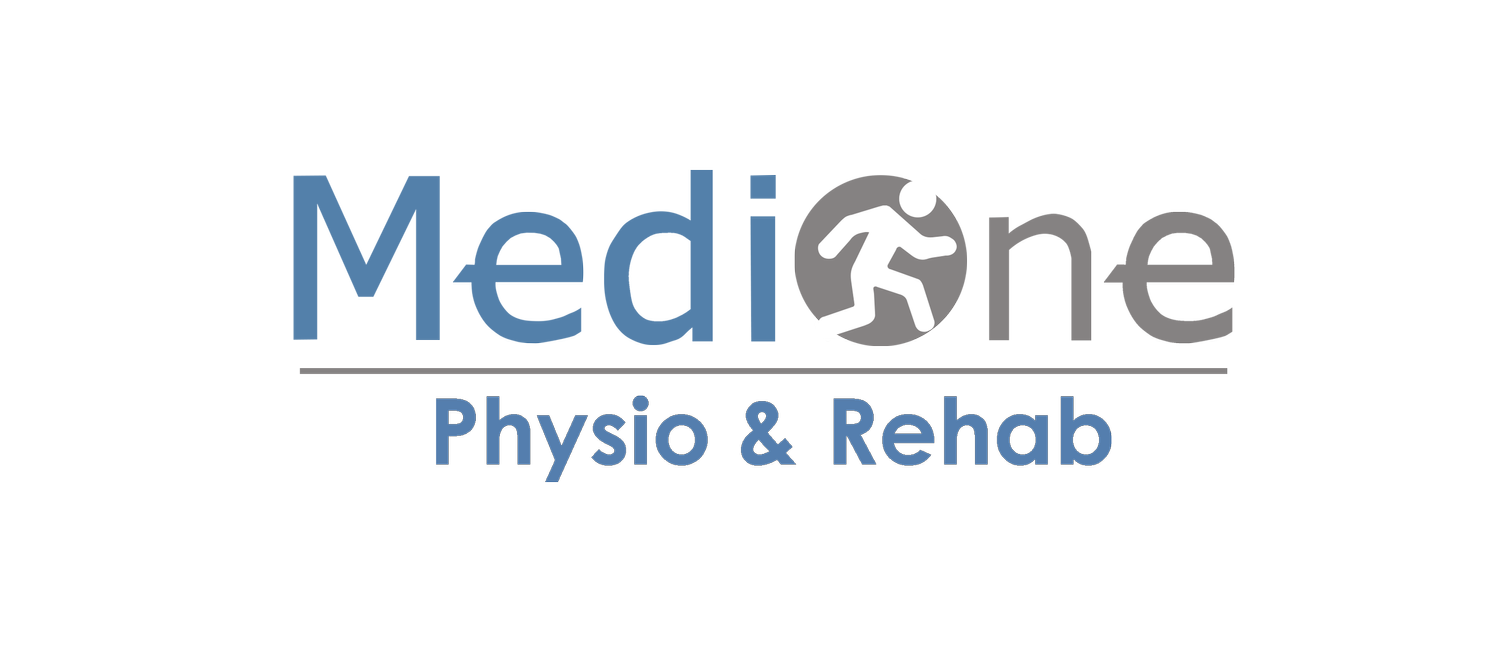Seasonal Immune Support: Holistic Tips Beyond Winter
The immune system is a complex, highly adaptive network of organs, cells, and biochemical processes that protects the body from infections and supports long-term health (Chaplin, 2010). While people often focus on immunity only during the colder months, factors such as stress, inadequate nutrition, environmental toxins, poor sleep, and seasonal changes can weaken immune defenses year-round.
A weakened immune system not only increases susceptibility to colds and flu but can also slow recovery from injuries and chronic conditions. Proactively supporting your immune system with a holistic approach helps maintain balance, improve resilience, and sustain optimal health at any stage of the year.
Nutrition For Year-Round Immunity
Nutrition is one of the most important foundations for immune strength. A diet rich in vitamins, minerals, antioxidants, and phytonutrients supports the body’s ability to fight infections and repair tissues (Gombart et al., 2020). Vitamin C, abundant in citrus fruits, bell peppers, and berries, enhances the production and function of white blood cells.
Vitamin D — synthesized in the skin through sunlight exposure and found in fatty fish and fortified foods — regulates immune responses and reduces inflammation (Holick, 2007). Zinc, found in pumpkin seeds, legumes, and shellfish, aids in wound healing and immune cell signaling, while selenium, abundant in Brazil nuts, supports antioxidant defense systems.
Rotating seasonal produce, such as summer berries, autumn squashes, winter greens, and spring asparagus, ensures a steady supply of diverse antioxidants throughout the year. Maintaining balanced blood sugar through whole foods also helps regulate immune function by minimizing systemic inflammation.
Lifestyle Habits That Matter
Strong immunity depends on more than just food. Sleep, physical activity, and stress management all play key roles in immune regulation. Chronic sleep deprivation can reduce the production of infection-fighting cytokines, weakening the body’s defenses (Irwin, 2019). Stress increases cortisol levels, which, over time, suppress immune activity and increase susceptibility to illness (Black & Slavich, 2016).
Engaging in 150 minutes of moderate exercise per week has been shown to enhance immune surveillance and reduce upper respiratory infections (Walsh et al., 2011). Mindfulness practices such as meditation, yoga, tai chi, and deep breathing exercises have been linked to lower stress hormone levels and improved immune function (Bryant et al., 2004).
Integrative Therapies For Immune Support
Complementary therapies can provide additional immune-boosting benefits when used alongside conventional health practices. Herbal medicines such as echinacea and elderberry have been shown to stimulate immune response and reduce cold duration, while astragalus may help prevent recurrent infections (Yuan et al., 2019).
Probiotics, found in fermented foods like yogurt, kefir, sauerkraut, and kimchi, help maintain a healthy gut microbiome, which plays a central role in immune regulation (Belkaid & Hand, 2014). Acupuncture, by improving energy balance and circulation, has been shown to reduce inflammation and enhance immune adaptability (Zijlstra et al., 2003).
Massage therapy may also stimulate lymphatic circulation, helping the body filter out waste and pathogens more efficiently.
Environmental And Seasonal Considerations
Environmental influences, such as temperature changes, humidity levels, and air quality, can directly impact immune health. For example, cold and dry winter air can impair mucous membrane defenses in the respiratory tract, while high pollen levels in spring may trigger immune overactivation in allergy sufferers.
Using air purifiers, keeping indoor humidity between 40–60%, and maintaining adequate ventilation can help protect respiratory health. Sunlight exposure, even in winter, supports vitamin D synthesis and regulates circadian rhythms, which in turn affect immune function (Holick, 2007).
In summer, hydration becomes especially important as dehydration can reduce lymphatic flow and impair immune cell transport. Seasonal immune support may also involve adjusting supplements — for example, increasing vitamin D intake during low-sunlight months or focusing on antioxidants during allergy season.
Role Of Consistency In Immune Health
A strong immune system is built over time through consistent daily choices rather than occasional seasonal efforts. Research shows that long-term adherence to healthy lifestyle practices — including nutrient-rich diets, regular physical activity, and stress reduction — enhances immune system adaptability and reduces susceptibility to illness (Calder, 2020; Walsh et al., 2011). Consistency also helps regulate inflammatory processes, which, when chronically elevated, can impair immune function and contribute to the development of chronic diseases (Furman et al., 2019).
Building a year-round immune support plan means creating sustainable habits that become part of your lifestyle. This includes scheduling regular health check-ups, staying current with vaccinations where appropriate (Andre et al., 2008), and maintaining a balanced work-rest schedule to avoid burnout (Black & Slavich, 2016). Even small daily practices — such as staying hydrated, washing hands regularly, and including vegetables with every meal — contribute to cumulative immune resilience. This consistency ensures that when the body is exposed to viruses, bacteria, or environmental stressors, it is prepared to mount an efficient and effective defense (Chaplin, 2010).
Immune health is not a seasonal goal — it’s a lifelong investment. By combining nutrient-dense nutrition, restorative lifestyle habits, integrative therapies, and environmental adaptations, you can maintain a strong immune system capable of protecting you year-round.
These proactive strategies not only reduce the frequency of illness but also improve energy, recovery, and overall vitality, allowing you to feel your best in every season.
References
Belkaid, Y., & Hand, T. W. (2014). Role of the microbiota in immunity and inflammation. Cell, 157(1), 121–141. https://doi.org/10.1016/j.cell.2014.03.011
Black, D. S., & Slavich, G. M. (2016). Mindfulness meditation and the immune system: A systematic review of randomized controlled trials. Annals of the New York Academy of Sciences, 1373(1), 13–24. https://doi.org/10.1111/nyas.12998
Bryant, P. A., Trinder, J., & Curtis, N. (2004). Sick and tired: Does sleep have a vital role in the immune system? Nature Reviews Immunology, 4(6), 457–467. https://doi.org/10.1038/nri1369
Calder, P. C. (2020). Nutrition, immunity and COVID-19. BMJ Nutrition, Prevention & Health, 3(1), 74–92. https://doi.org/10.1136/bmjnph-2020-000085
Chaplin, D. D. (2010). Overview of the immune response. The Journal of Allergy and Clinical Immunology, 125(2), S3–S23. https://doi.org/10.1016/j.jaci.2009.12.980
Gombart, A. F., Pierre, A., & Maggini, S. (2020). A review of micronutrients and the immune system–Working in harmony to reduce the risk of infection. Nutrients, 12(1), 236. https://doi.org/10.3390/nu12010236
Holick, M. F. (2007). Vitamin D deficiency. New England Journal of Medicine, 357(3), 266–281. https://doi.org/10.1056/NEJMra070553
Irwin, M. R. (2019). Sleep and inflammation: Partners in sickness and in health. Nature Reviews Immunology, 19(11), 702–715. https://doi.org/10.1038/s41577-019-0190-z
Walsh, N. P., Gleeson, M., Shephard, R. J., Gleeson, M., Woods, J. A., Bishop, N. C., ... & Simon, P. (2011). Position statement. Part one: Immune function and exercise. Exercise Immunology Review, 17, 6–63.
Yuan, Q. L., Wang, P., Liu, L., Sun, F., Cai, Y. S., Wu, W. T., & Ma, J. X. (2019). Acupuncture for musculoskeletal pain: A meta-analysis and meta-regression of sham-controlled randomized clinical trials. Scientific Reports, 6, 30675. https://doi.org/10.1038/srep30675
Zijlstra, F. J., van den Berg-de Lange, I., Huygen, F. J., & Klein, J. (2003). Anti-inflammatory actions of acupuncture. Mediators of Inflammation, 12(2), 59–69. https://doi.org/10.1080/0962935031000114943








